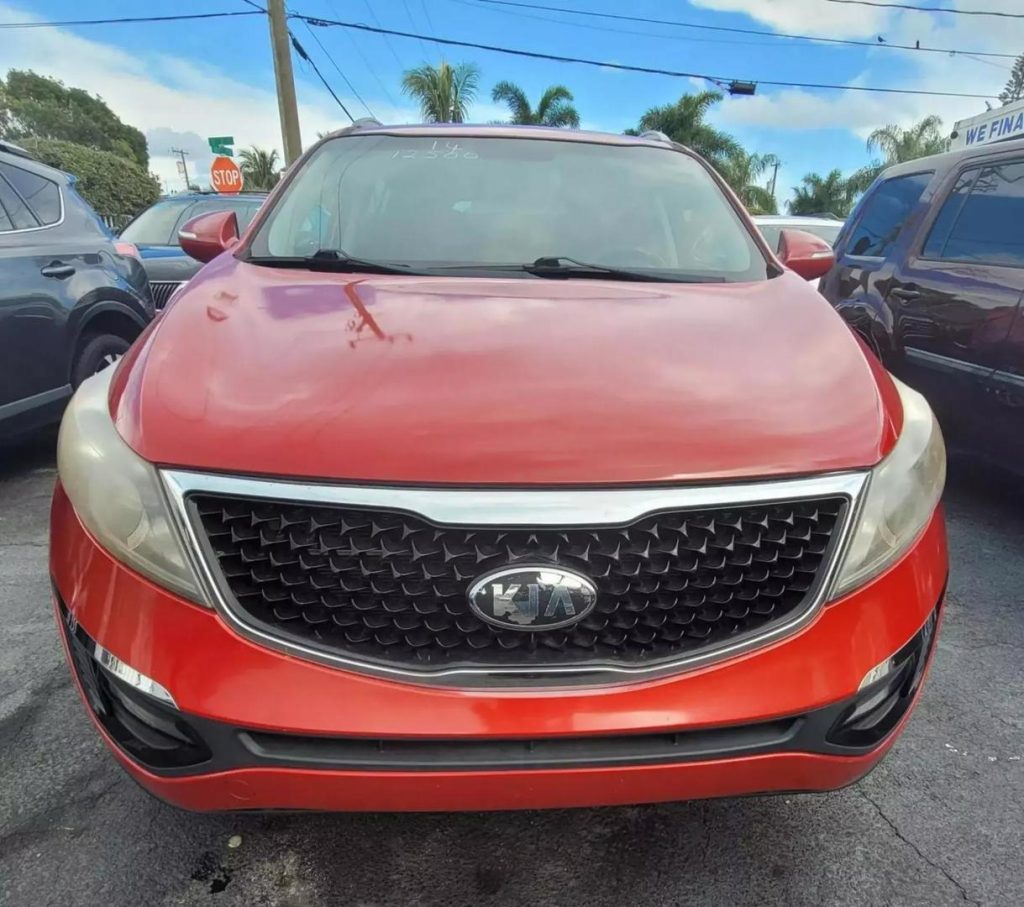3 Ways To Get a Free VIN Check Before Buying a Used Car
Posted Wednesday, Dec 27, 2023

Checking the VIN (Vehicle Identification Number) of a used car will help you to gather information about its history. While complete vehicle history reports often require payment, there are some free methods to check certain details of a VIN. Here are three ways to check a VIN number for free and the information you can expect to receive:
1. National Highway Traffic Safety Administration (NHTSA) VIN Database:
The NHTSA provides a free VIN database that allows you to check if a vehicle has been recalled for safety issues. Visit the NHTSA website to enter the VIN to see if there are any open recalls for the specific vehicle.
2. National Insurance Crime Bureau (NICB) VIN Check:
The NICB offers a free VIN Check service that allows you to determine if a vehicle has been reported as stolen but not recovered or if it has been reported as a salvage vehicle. Access this service on the NICB website to enter the VIN for a quick check.
3. Free VIN Decoder Tools:
Several online services provide free VIN decoding, which can give you information about the make, model, year, and manufacturing plant of a vehicle. While these tools may not provide a full vehicle history, they can offer basic information. Search for "free VIN decoder" online, and you'll find various websites that provide this service. One of these services is provided by the National Highway Traffic Safety Administration. You may use this link to access this information: https://www.nhtsa.gov/vin-decoder
Other sources of information:
Some vehicle manufacturers offer VIN lookup tools on their official websites. These tools can provide information about recalls and technical service bulletins related to a specific VIN. Visit the manufacturer's website and look for a VIN lookup or recall check tool.
While these methods offer valuable information, keep in mind that they may not provide a comprehensive vehicle history report, including details about accidents, title issues, or odometer readings. For a more thorough understanding of a used car's history, consider investing in a paid vehicle history report from reputable providers like Carfax, AutoCheck, or the National Motor Vehicle Title Information System (NMVTIS).
What Do You Get With a Paid VHR?
A Vehicle History Report (VHR) is a comprehensive document that provides important information about a specific vehicle's past. These reports typically cost between $25 - $40. While the exact details may vary depending on the provider, a typical VHR includes the following key information:
1. Title Information:
- Title status (clean, salvage, rebuilt, or branded).
- Any title issues such as flood damage, fire damage, or odometer discrepancies.
2. Accident History:
- Records of reported accidents and their severity.
- Information on whether the vehicle was declared a total loss by an insurance company.
3. Odometer Readings:
- Odometer readings from various points in the vehicle's history to identify potential odometer rollback or fraud.
4. Ownership History:
- Number of previous owners.
- Length of ownership for each owner.
5. Lien and Repossession Records:
- Information about outstanding liens on the vehicle.
- Records of repossessions.
6. Title Brands:
- Designations such as salvage, rebuilt, flood, or lemon titles may affect the vehicle's value and safety.
7. Vehicle Registration Information:
- Registration history, including the states where the vehicle was registered.
- Registration renewal dates.
8. Recall Information:
- Any open recalls related to the vehicle's make and model.
9. Service and Maintenance Records:
- Information about routine maintenance and service performed on the vehicle, including oil changes, brake inspections, and more.
10. Vehicle Identification Number (VIN) Verification:
- Verification that the VIN on the report matches the VIN on the vehicle.
11. Manufacturer Information:
- Information about the vehicle's make, model, year, and assembly plant.
12. Title Transfer and DMV Records:
- Dates of title transfers.
- DMV (Department of Motor Vehicles) records related to the vehicle.
Conclusion
Whether you take the free route or invest in a paid Vehicle History Report, you’ll gain valuable information by checking a vin before purchasing a used vehicle. It's important to note that while VHRs provide valuable information, they may not capture every detail about a vehicle's history. Events that were not reported to data sources, such as unrecorded accidents or maintenance performed by private individuals, may not be included. Additionally, not all VHR providers offer the same level of detail, so it's advisable to choose a reputable and well-known provider for the most comprehensive report. It’s important to know how to verify vin number free so that you can look up any recalls that may have been issued.
Looking for A New Car? Check Out Our Inventory?
